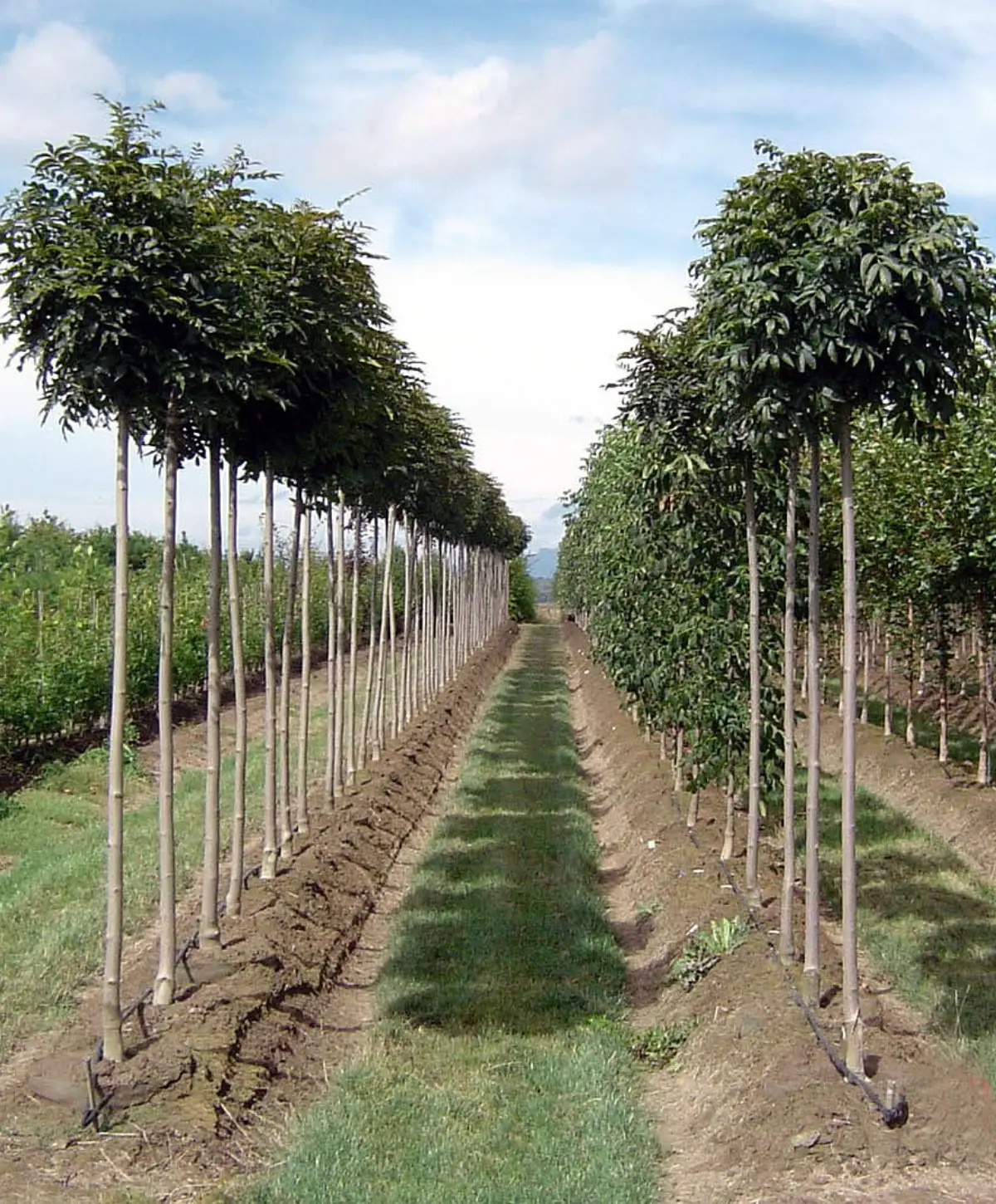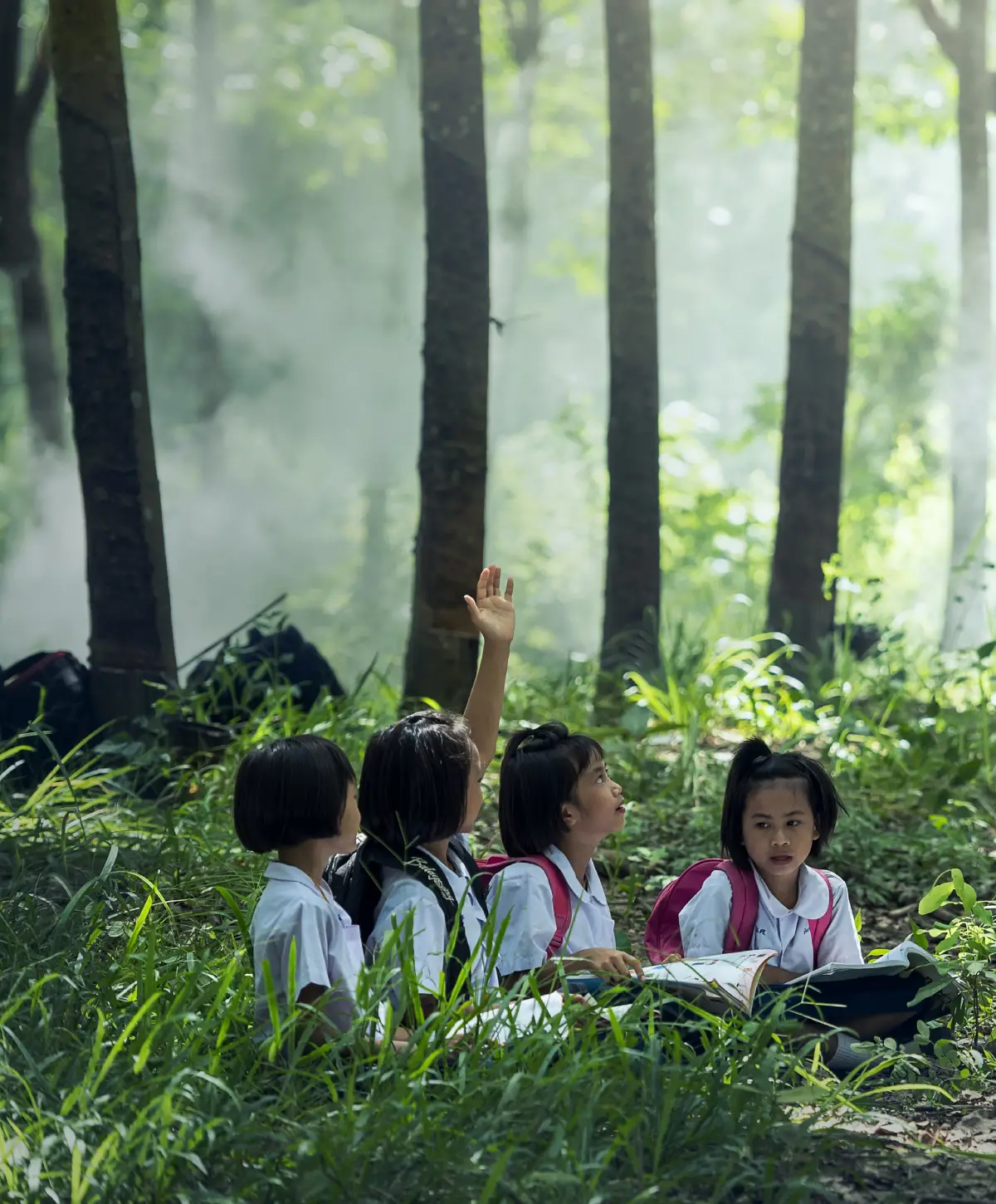
Project Goal
To integrate comprehensive climate education and environmental action into primary and secondary schools across Zanzibar, equipping young people with the knowledge, skills, and mindset to become tomorrow’s climate leaders.
Objectives
- Curriculum Integration: Develop and implement a climate education curriculum tailored to Zanzibar’s environmental context.
- Teacher Training: Train 300+ teachers across 60 schools in climate literacy and green teaching practices.
- Green School Infrastructure: Establish green clubs, plant over 10,000 trees, and implement school-based composting, recycling, and water harvesting systems.
- Student Empowerment: Engage over 20,000 students through hands-on projects, environmental campaigns, and youth-led climate innovation challenges.
- Community Involvement: Extend impact to families and local communities through outreach programs and school-led eco-fairs.
Key Objectives
- Collaborate with the Ministry of Education & local NGOs to design a context-specific climate education module.
- Train school heads and science/social studies teachers in climate change education, renewable energy, and sustainable practices.
- Launch climate education in pilot schools.
- Set up school gardens, tree nurseries, and waste management systems.
- Form Eco-Clubs and train student climate ambassadors.
- Host Zanzibar Youth Climate Summit.
- Publish toolkits and case studies for national replication.
- Advocate for permanent integration into national curriculum.
Phase 1: Design & Training (Months 1–6)
Phase 2: Implementation (Months 6–24)
Phase 3: Advocacy & Scale-Up (Months 18–36)
Expected Outcomes
- 60+ Green Schools established with practical climate initiatives.
- 20,000+ Students educated and engaged in climate action.
- 300+ Teachers trained in delivering climate-resilient education.
- 10,000+ Trees Planted and 50 school gardens operational.
- Increased public awareness and community action in climate resilience.
Budget Overview (3-Year Project)
| Budget Category | Amount (USD) | Details |
|---|---|---|
| Curriculum Development | $35,000 | Research, design, and translation into Swahili |
| Teacher Training & Workshops | $60,000 | Training materials, facilitation, travel stipends |
| School Infrastructure (Green Kits) | $90,000 | Compost bins, rainwater tanks, tree seedlings, solar kits |
| Educational Materials | $25,000 | Books, posters, toolkits, and digital resources |
| Student Engagement Activities | $40,000 | Eco-Clubs, climate competitions, field trips |
| Monitoring & Evaluation | $20,000 | Baseline studies, progress tracking, outcome reporting |
| Communication & Outreach | $15,000 | Community campaigns, media, and climate summits |
| Personnel (Project Staff) | $70,000 | Project coordinator, curriculum specialist, field officers |
| Administrative & Operational Costs | $25,000 | Office, transportation, permits |
| Total Estimated Budget | $380,000 | For a 3-year impact-driven rollout |
Partners & Stakeholders
- Ministry of Education and Vocational Training, Zanzibar.
- Local NGOs & Community Groups.
- UNESCO Zanzibar Office.
- International climate and education NGOs.
- Private sponsors & climate donors.


Conclusion
"Green Schools Zanzibar" is more than an education project—it's an investment in climate resilience, environmental justice, and the future of Zanzibar’s youth. With the right support, this initiative will create ripples far beyond the classroom, shaping a society that understands, respects, and protects its natural environment.